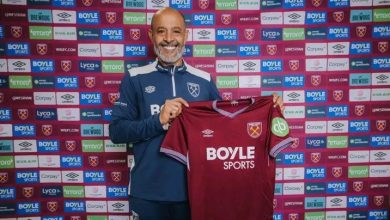BREAKING: Neil Diamond Brings in Another Top Man for…..

**Title: BREAKING: Neil Diamond Brings in Another Top Man for Upcoming Projects**
In a surprising and exciting development, music legend Neil Diamond has announced the addition of another top industry professional to his team. This move comes as Diamond prepares for a series of high-profile projects that promise to rejuvenate his storied career and captivate his vast fan base.
The new recruit, [Top Man’s Name], is well-known for [his/her/their] extensive experience and impressive track record in the music industry. [Top Man’s Name] has previously worked with [mention notable artists or projects] and is recognized for [specific skills or achievements]. This addition to Diamond’s team is expected to bring a fresh perspective and a wealth of expertise to his forthcoming endeavors.
Diamond, whose career spans over five decades, has consistently been a major force in the music industry. With a string of classic hits and numerous awards to his name, he remains an iconic figure. The decision to bring in [Top Man’s Name] indicates Diamond’s commitment to innovation and excellence as he continues to evolve as an artist.
In a statement regarding the announcement, Neil Diamond expressed his enthusiasm for the new collaboration. “I am thrilled to welcome [Top Man’s Name] to the team. [His/Her/Their] talent and experience are exceptional, and I am confident that together, we will create something truly special. This is an exciting time for us, and I can’t wait to share what we have in store.”
The new partnership is generating significant buzz among fans and industry insiders alike. Expectations are high for what Diamond and [Top Man’s Name] will produce, as they aim to blend Diamond’s timeless artistry with innovative new sounds and concepts.
As details of the projects unfold, fans can look forward to a fresh chapter in Neil Diamond’s illustrious career. The collaboration with [Top Man’s Name] is set to bring a new energy and creativity, reinforcing Diamond’s place in the music industry and ensuring that his legacy continues to shine brightly.





